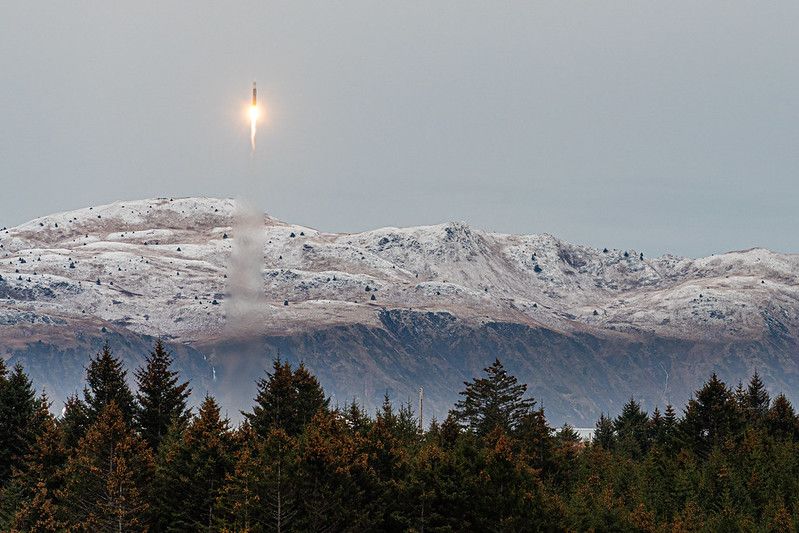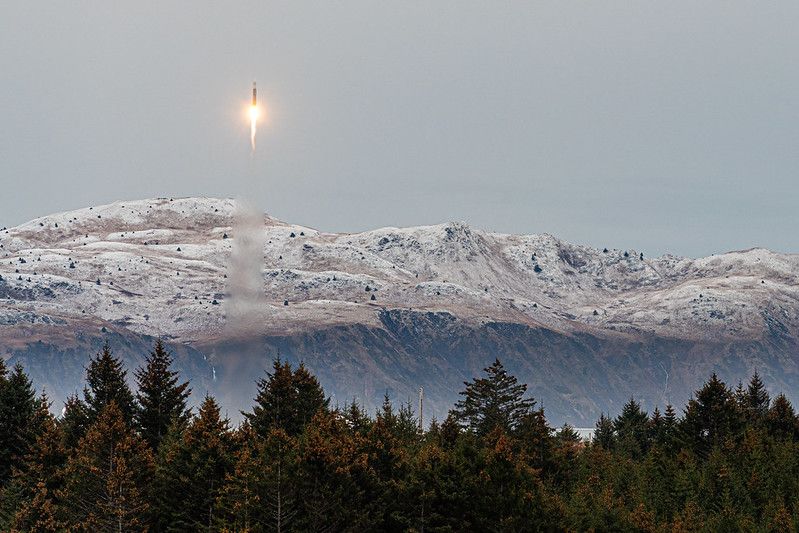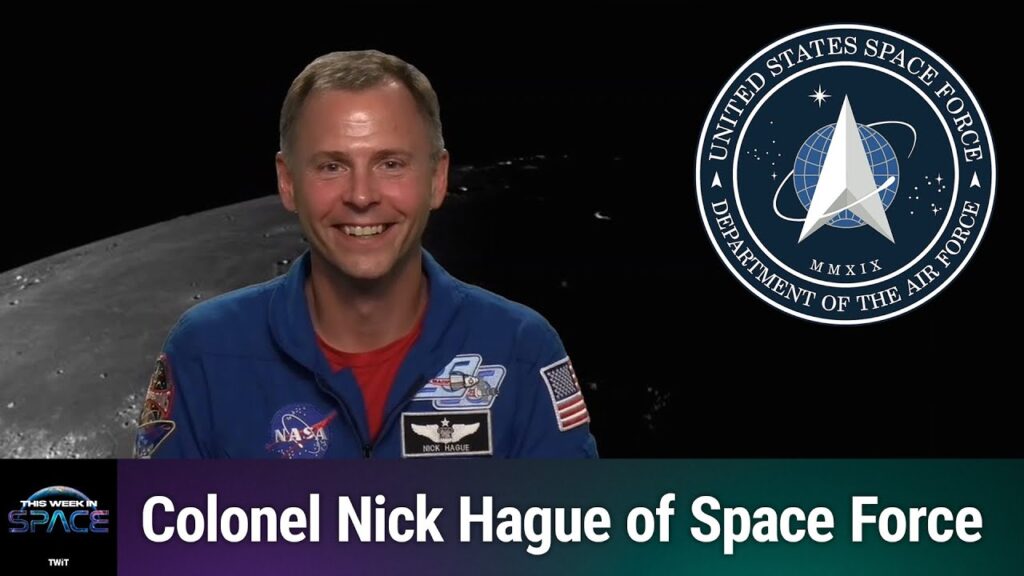
Astra may make small rockets, but the company is dreaming big.
The Bay Area launch startup announced on Monday (June 7) that it’s acquiring Apollo Fusion, a company that builds electric-propulsion spacecraft engines. The purchase price is $50 million — $30 million in stock and $20 million in cash, with the potential for an additional $95 million in “earn-outs” if Apollo Fusion meets some technical and revenue milestones.
The move will allow Astra to deliver customer payloads to a much wider variety of destinations, company representatives said.
“In addition to increasing Astra’s total addressable market for launch services, the acquisition of Apollo Fusion accelerates Astra’s ability to efficiently deliver and operate spacecraft beyond low Earth orbit,” Astra founder, chairman and CEO Chris Kemp said in a statement.
Video: Watch Astra’s Rocket 3.2 launch on its 1st successful flight
Astra has developed a small-satellite launcher called Rocket 3, which reached space for the first time during a test flight last December. The company has lined up a number of customers for rides on the 38-foot-tall (12 meters) vehicle, including San Francisco-based Planet, which operates the world’s largest constellation of Earth-observing spacecraft.
But Astra isn’t content with just building rockets. The company is also developing a satellite bus and, as Space News reported Monday, plans to power it with Apollo Fusion’s engines.
“The next puzzle piece is the vertically integrated spacecraft. So, as we started to look at that, what are the core technologies that drive that?” Kemp told Space News. “This engine is one of those key cornerstones of that space platform we’re building.”
One of Astra’s chief competitors in the small-satellite launch business, Rocket Lab, is taking a similar approach with its Electron booster and Photon spacecraft bus. Test versions of Photon have reached orbit on two of Electron’s 20 launches to date, and the bus will ferry NASA’s CAPSTONE (“Cislunar Autonomous Positioning System Technology Operations and Navigation Experiment”) cubesat mission to the moon this fall.
Astra is also gearing up to go public via a merger with a special-purpose acquisition company, a move the startup announced in February. The transaction, when finalized, is expected to raise about $500 million, Astra representatives said at the time. The company expects to start trading on Nasdaq on July 1, Kemp tweeted on Monday morning.
Mike Wall is the author of “Out There” (Grand Central Publishing, 2018; illustrated by Karl Tate), a book about the search for alien life. Follow him on Twitter @michaeldwall. Follow us on Twitter @Spacedotcom or Facebook.



